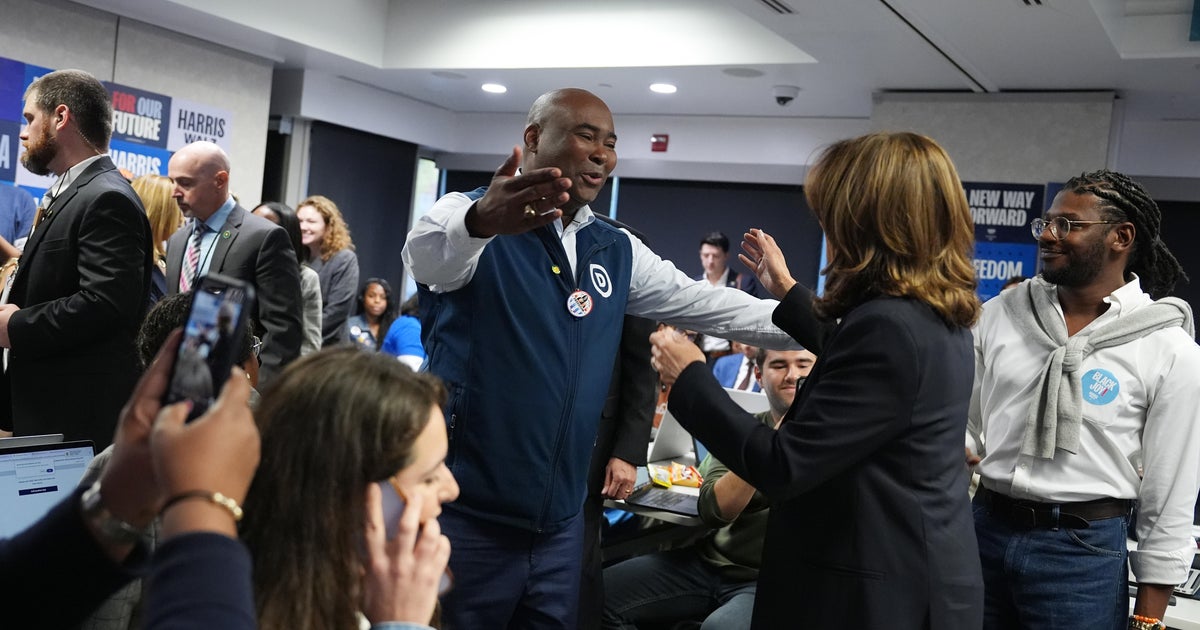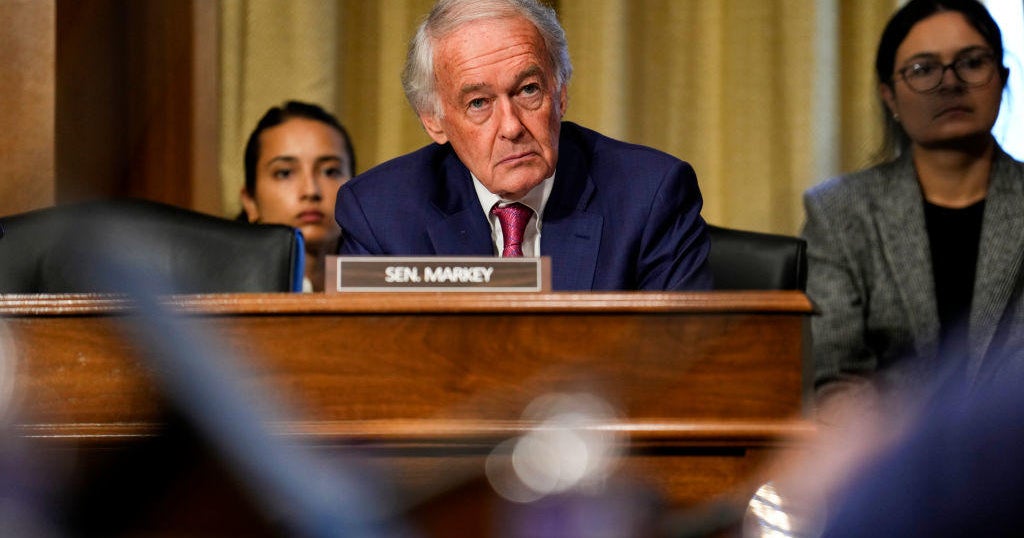House Democrats take steps to force vote on clean debt ceiling increase
House Democrats have taken their first procedural steps to try to force a House vote on a clean debt ceiling increase, multiple Democratic leadership aides tell CBS News, a long-shot effort that is unlikely to come to fruition but allows Democrats to argue that they are taking action to address the looming crisis.
Democratic Rep. Jim McGovern of Massachusetts, the top Democrat on the House Rules Committee, introduced a special rule Tuesday that would allow Democrats to attach a clean debt ceiling increase to an unrelated bill introduced by Rep. Mark DeSaulnier, of California, in January. The bill was introduced when Republicans took control of the House and referred to several committees for consideration with the intention of using it as a vehicle for Democrats to try to force a floor vote on anything they believed was necessary.
One Democratic leadership aide described it as a "break the glass in case of emergency" option.
The U.S. government could be as little as a month away from being unable to pay its bills if Congress does not act to raise or suspend the debt limit.
By introducing the rule Tuesday, Democrats will be able to designate it as what's known as a discharge petition and begin collecting signatures as early as May 16. A discharge petition is a mechanism that forces a floor vote on any measure that gets 218 signatures, the majority of the House. Signatures must be added in person while the House is in session.
However, all 213 Democrats would need to sign the petition, along with five Republicans to get the necessary 218 signatures. As recently as Friday, Democratic aides were downplaying the possibility that they would use a discharge petition after seeing nearly all Republicans coalesce around the GOP plan to cut spending in exchange for a debt ceiling increase – a sign that it would be very difficult to get the five GOP votes at the moment.
Discharge petitions are rarely successful because they require at least some members of the majority to buck their leadership and join with the minority. In recent years, the procedural move has been used just twice to bring bills to the House floor: once in 2002 to pass a bipartisan campaign finance reform bill, and once in 2015 to reauthorize the Import-Export bank.
In a letter Tuesday to House Democrats obtained by CBS News, Minority Leader Hakeem Jeffries said Treasury Secretary Janet Yellen's Monday prediction that the U.S. could exhaust its borrowing authority as early as June 1 was a signal that Congress must "urgently pass legislation" to avoid a crisis. The New York Times first reported on Jeffries' letter.
"The filing of a debt ceiling measure to be brought up on the discharge calendar preserves an important option. It is now time for MAGA Republicans to act in a bipartisan manner to pay America's bills without extreme conditions," Jeffries wrote.
At the same time, top Republicans and Democrats may be about to begin talks to resolve the issue. President Biden has invited all four congressional leaders to a meeting on the debt ceiling on May 9.



